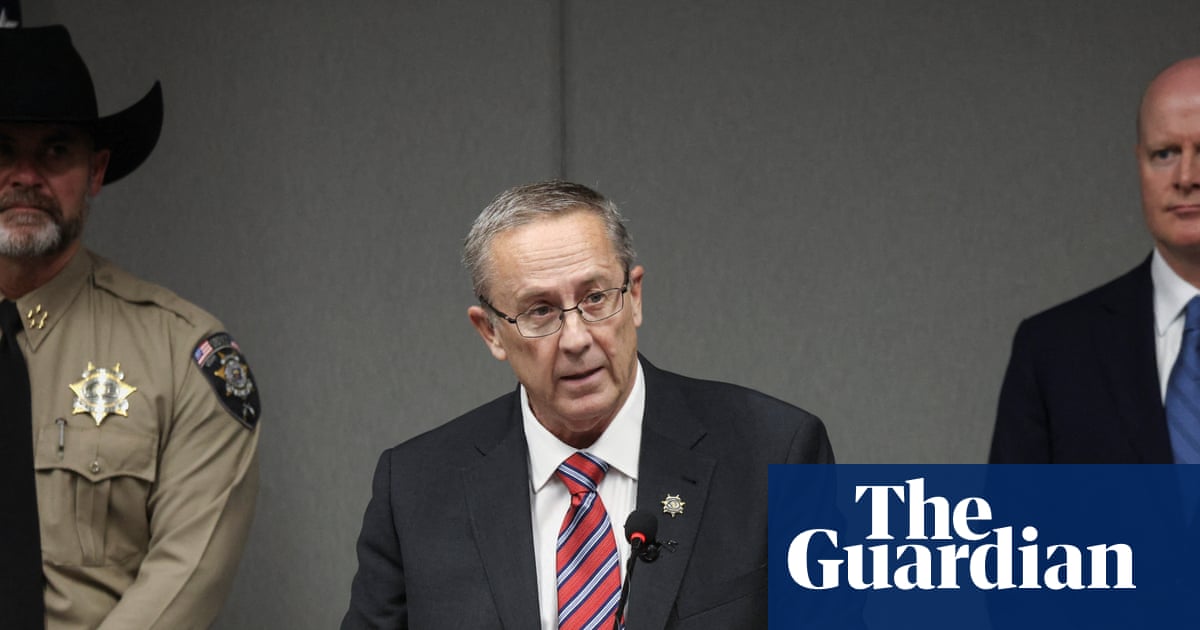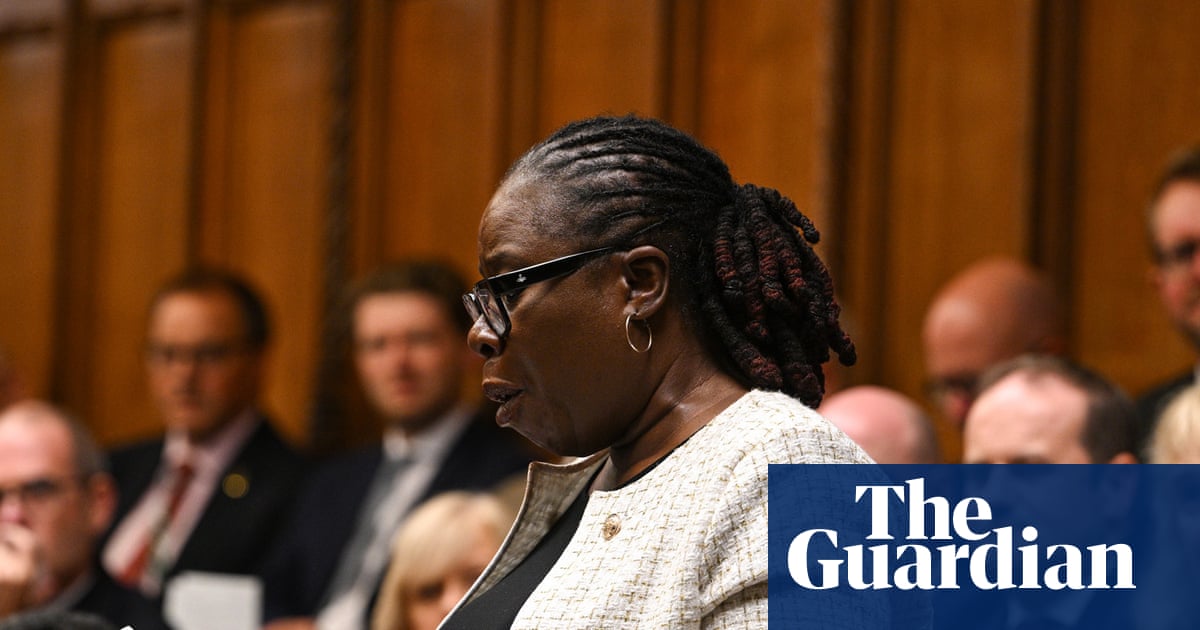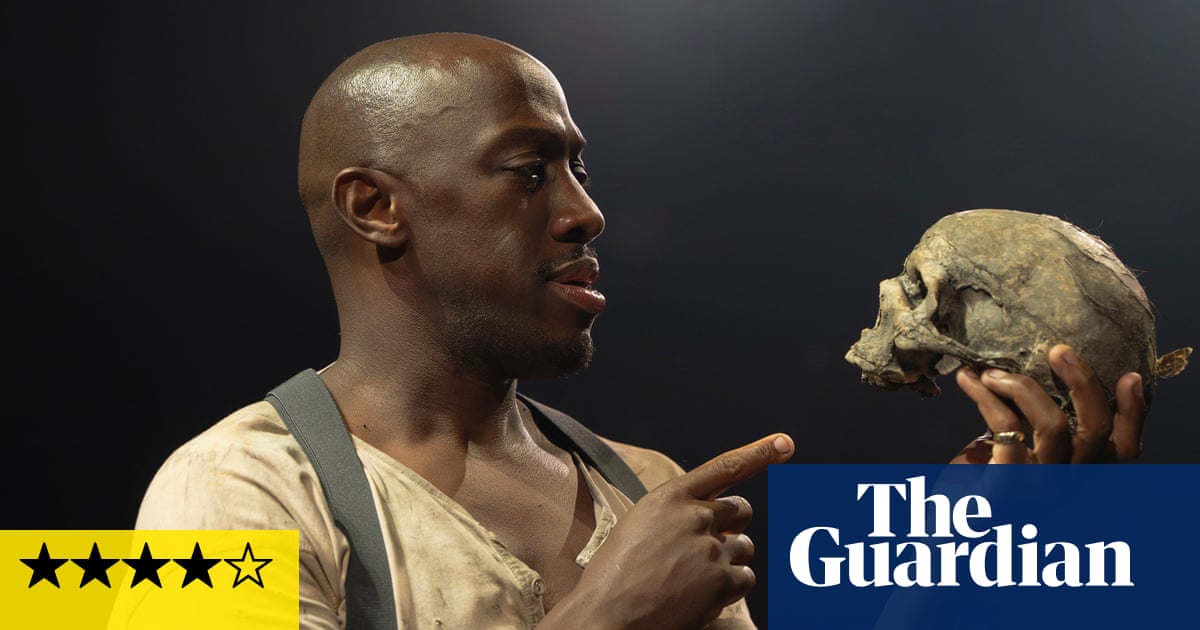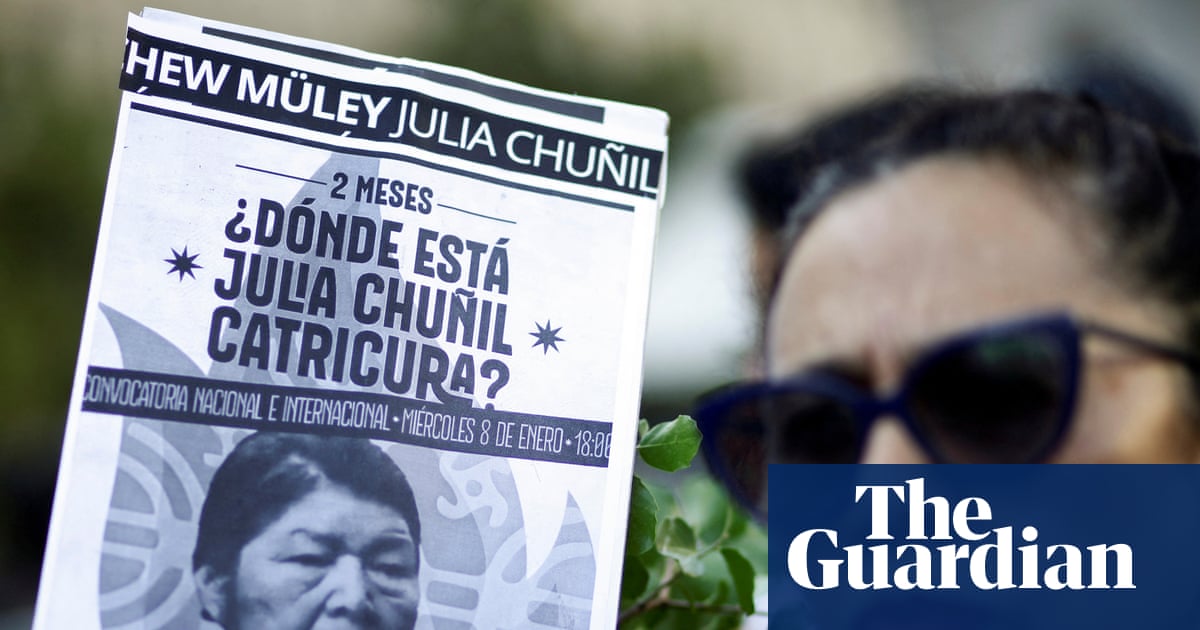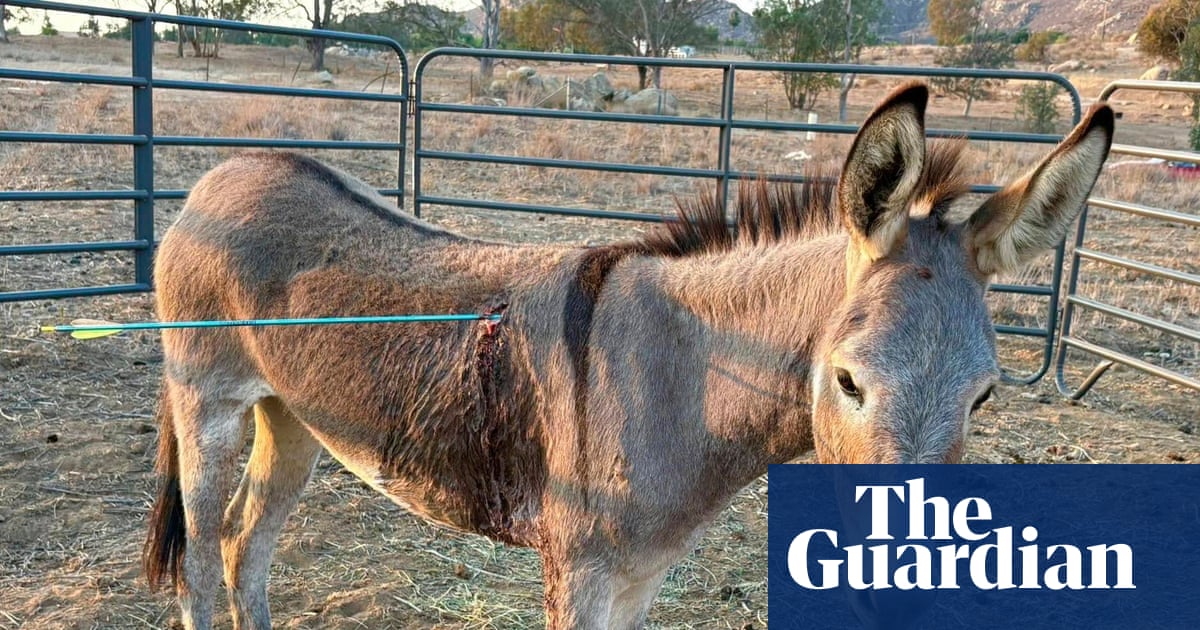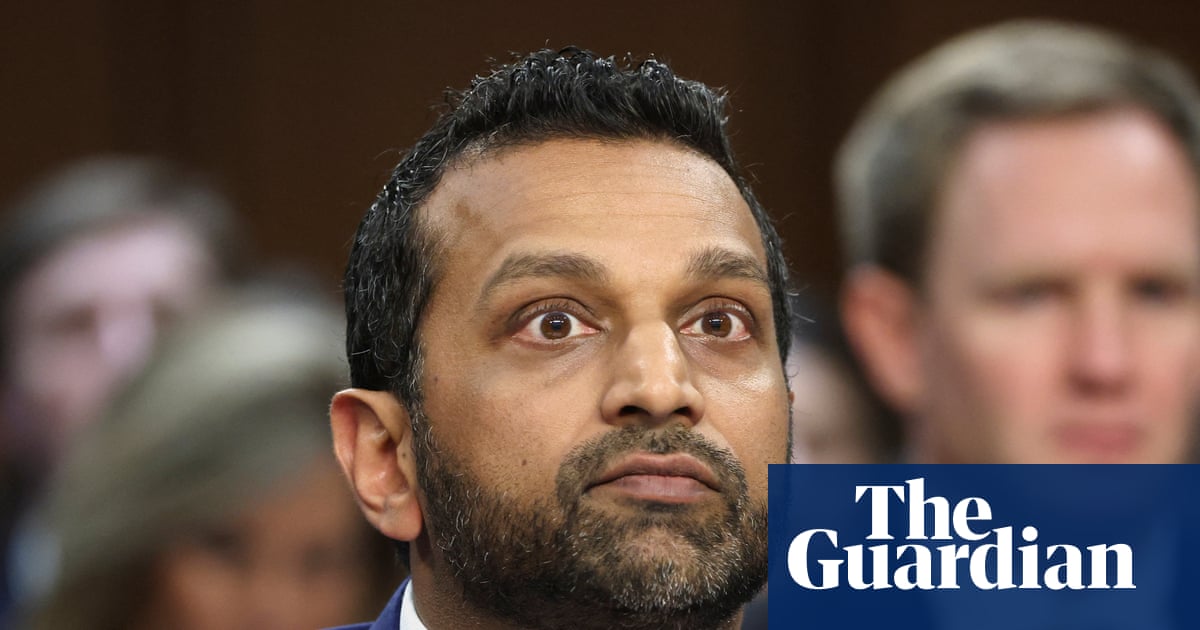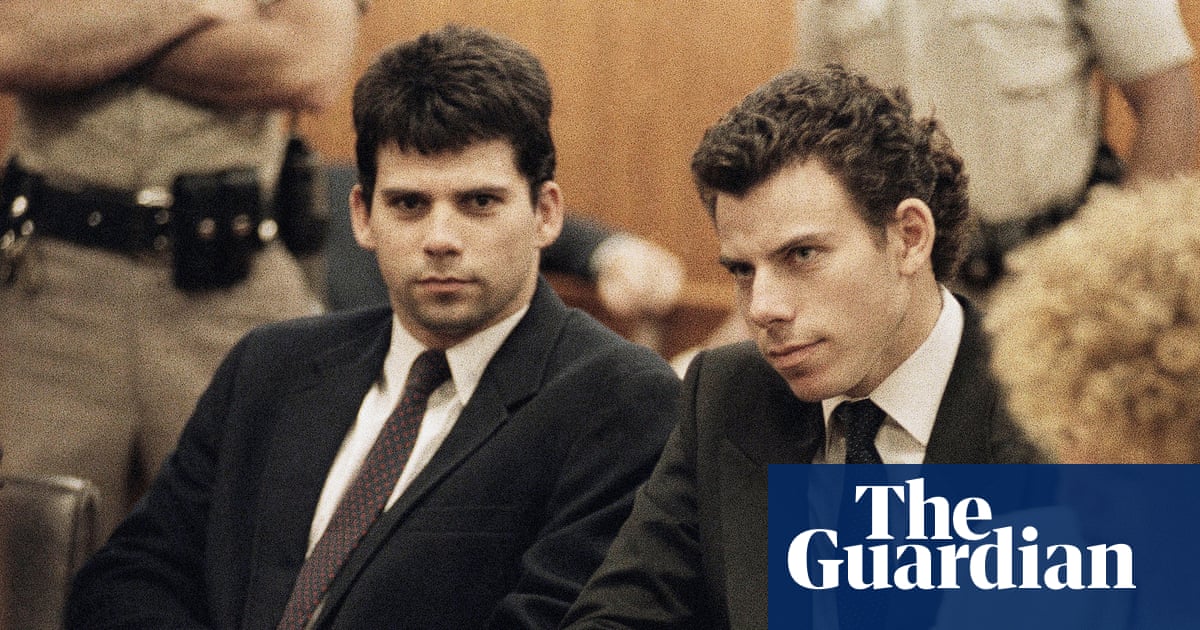The NHS needs to fill a shortfall of more than 200,000 blood donors in England to avoid a threat to public safety, officials have said.
NHS Blood and Transplant (NHSBT) wants to hit a target of 1 million blood donors to meet growing demand as just under 800,000 people – 2% of the population in England – kept the nation’s blood stocks afloat last year.
An amber alert was issued last year over supply of blood for hospitals in England, and NHSBT said more was needed to avoid a red alert, meaning supply is so low that there is a threat to public safety.
NHSBT’s chief executive, Dr Jo Farrar, said: “Our stocks over the past 12 months have been challenging. If we had a million regular donors, this would help keep our stocks healthy – you’d truly be one in a million.”
The service said there had been a rise in the number of people who registered to be donors in the last year, but only 24% of these had gone on to donate.
The amber alert was triggered in July 2024 after a cyber-attack on London hospitals, and blood stocks have remained low ever since, officials said.
NHSBT said there was a critical need for more donors who have the so-called universal blood type, O-negative, which is needed for treatment in emergencies.
after newsletter promotion
There is also a need for more black donors, who are more likely to have specific blood types that can help treat people with sickle cell disease.
Two-thirds of the blood collected is used to treat people who rely on blood transfusions, including people with cancer and those with blood conditions.
Four-year-old Isaac Balmer, from Hull, was born with hereditary spherocytosis, a genetic blood condition that causes red blood cells to break down faster than normal, leading to severe anaemia and other complications. He receives blood transfusions every 12 weeks.
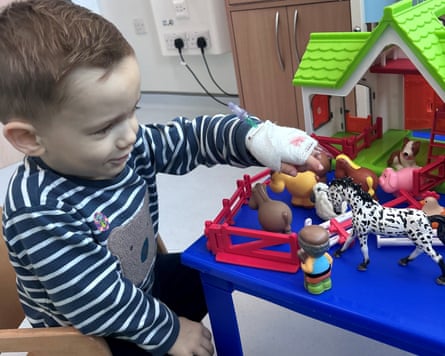
His mother, Jasmin Suggit, a newborn hearing scanner at the hospital where Isaac receives his treatment, said: “It’s been a rollercoaster. Isaac’s haemoglobin levels fluctuate, and when they drop significantly he becomes lethargic and jaundiced. But when he receives his transfusion you see the colour return to his cheeks and his energy levels soar before our eyes. It is incredible.
“During his transfusions, he refers to donor blood as ‘Hulk blood’ and imagines himself becoming stronger and healthier, but this wouldn’t be possible without the real-life, everyday superheroes who keep Isaac and others like him alive, thanks to their regular blood donations.”
The health minister Gillian Merron said: “The NHS is in urgent need of more life-saving blood donors from all backgrounds. We are working alongside NHS Blood and Transplant to make donating blood easier than ever before, opening up new donor centres and making appointments available closer to home.”

.png) 3 months ago
33
3 months ago
33


